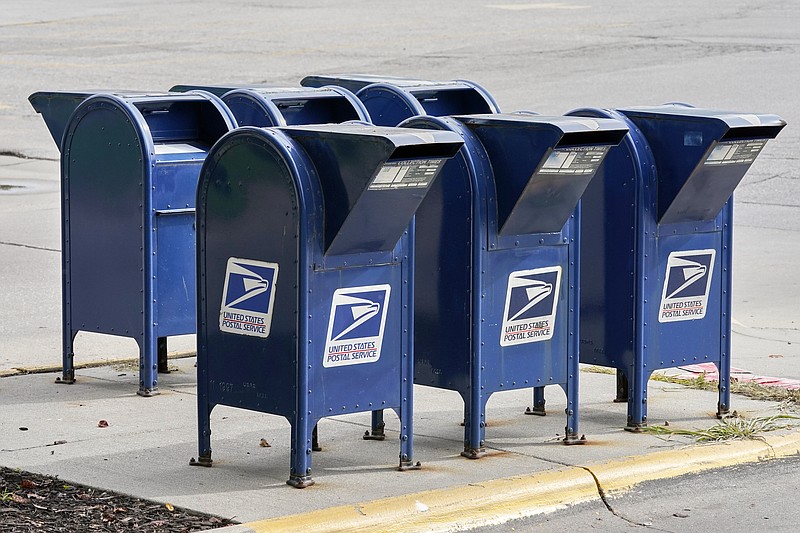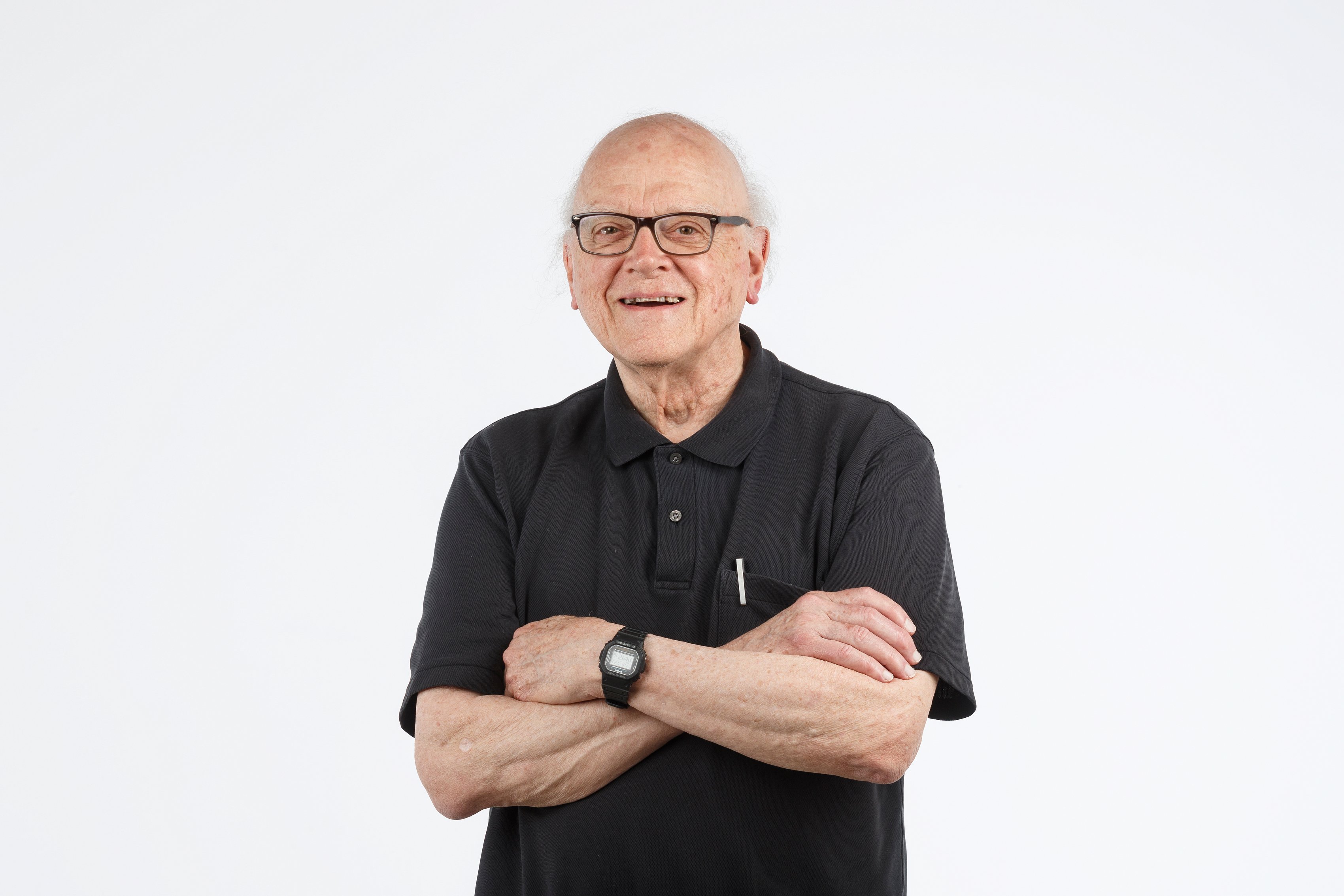Our democracy is critically dependent upon the participation of registered voters in fair, open elections. Because the COVID-19 pandemic will likely persist well into next year, tens of millions of additional Americans will choose to vote by mail in the national election in November to avoid exposure to the disease. Concerted efforts by Postmaster General Louis DeJoy reduce the likelihood that all mail-in ballots will be counted.
Before 1971, the president nominated the Postmaster General with Congress subsequently affirming the appointment. Since 1971, the postmaster has been appointed by a nine-member Board of Governors of the United States Postal Service. The governors are appointed by the president for nine-year terms. No more than five can belong to the same political party.
Patrick R. Donahoe served as postmaster general from 2010 to 2015. He was followed by Megan J. Brennan, the first female postmaster general, who served until her retirement in January of this year. Both had long careers in the USPS.
The USPS governors appointed Louis DeJoy in May of this year. He had been a major donor and fundraiser for the Trump campaign. In April 2017, he had been named one of three vice-chairs of the finance committee of the Republican National Committee. From 1983 to 2014, Dejoy served as CEO of a highly successful, supply-chain company. Following its acquisition by a logistics firm, he served in various positions in the new company until 2018. At the time of his appointment as postmaster, he headed a company dealing in real estate, private equity, and consulting.
Among DeJoy's first actions was a ban on overtime and extra trips to deliver mail.
On Aug. 8, DeJoy reassigned or displaced 23 senior USPS officials, two of whom oversaw day-to-day operations. No explanation was offered for this action.
On Aug. 11, Waterloo Iowa postal employee and state head of the postal union, Kimberly Karol, reported removal of high-speed sorting machines from post offices in her state. The removals led to mail piling up. Some machines were dismantled; others were destroyed. Two days later, CNN reported up to 671 rapid-sorting machines were scheduled for removal from post offices. The removals were questioned by the National Postal Handlers Union.
President Trump has expressed his opposition to mail-in ballots because, in his opinion, the process encourages fraud. On Aug. 13, he stated he would oppose additional funding for USPS, since this would encourage mail-in ballots. Subsequently, he said he would not veto a bill that provided extra funding.
On Aug. 14, a reporter for an NBC-TV affiliate in Montana documented the removal of postal drop boxes in several cities in the state. Removal teams could not explain their actions. Up to 50% of drop boxes were scheduled for removal. Protests by both of Montana's U.S. senators, one a Democrat, one a Republican, led to the halt of the removals. The extent of removal of postal drop boxes in other states has not been documented.
Also, on Aug. 14, the USPS had sent letters to 46 states and the District of Columbia, warning that that the service could not guarantee timely delivery of mail-in ballots.
Facing lawsuits from 20 state attorneys general, the postmaster announced on Aug. 18 suspension of changes in postal services until after the election. He is scheduled to testify to the House Oversight and Reform Committee on Aug. 24th. Will senior officials be returned to their previous duties? Will previously removed sorting machines be restored to service?
Slowed mail delivery can interfere with mail-in ballots at two different stages: A voter, who wishes to use a mail-in ballot, must request a ballot. Upon receipt of that ballot, she must complete and return it before a specified deadline. The ballot must be received by election officials by another deadline if it is to be counted. A deliberately slowed USPS could prevent millions of mail-in ballots from being counted.
At stake is the integrity of our elections. Adequate funding for a fully functional USPS must be quickly authorized. Every mail-in ballot must be counted.
Contact Clif Cleaveland at ccleaveland@timesfreepress.com.

